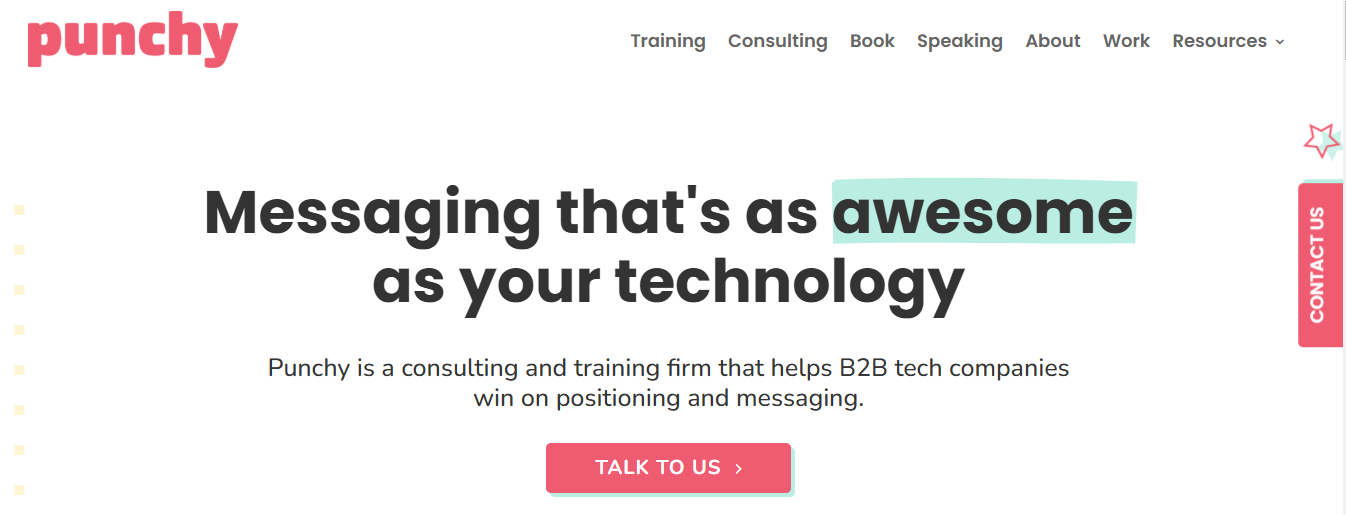How Emma Stratton Scaled Punchy into a Messaging Powerhouse in B2B Tech
Who is Emma Stratton?
Emma Stratton, the founder of Punchy, hails from Portland, Oregon, and holds a BA in English. She transitioned from a creative writer to an expert in messaging and positioning for B2B tech companies, leveraging her background in brand marketing to help tech firms successfully communicate their value.

Emma Stratton, the founder of Punchy
What problem does Punchy solve?
Punchy helps tech companies communicate clearly with their customers, making complex products easy to understand and cutting through the cluttered, jargon-heavy tech market.

Punchy Homepage
How did Emma come up...
Sorry, you need to login and/or become a member to view the rest of this content.
Disclaimer:
The initial draft of this article was compiled by the Starter Story team based on publicly available interviews, podcasts, and other content from the founder.
See the sources we used
here.




Sources
More Business Ideas Like This
Disclaimer: The initial draft of this article was compiled by the Starter Story team based on publicly available interviews, podcasts, and other content from the founder. See the sources we used here.










